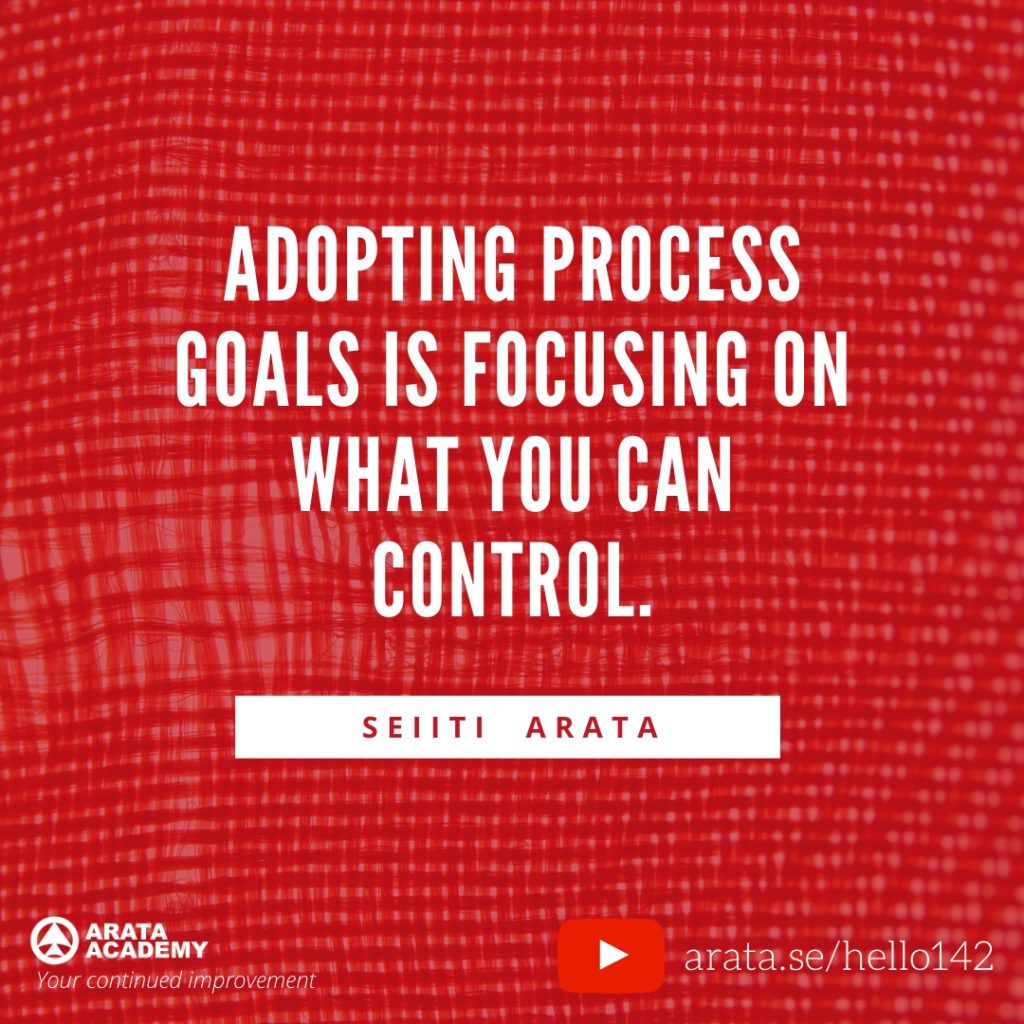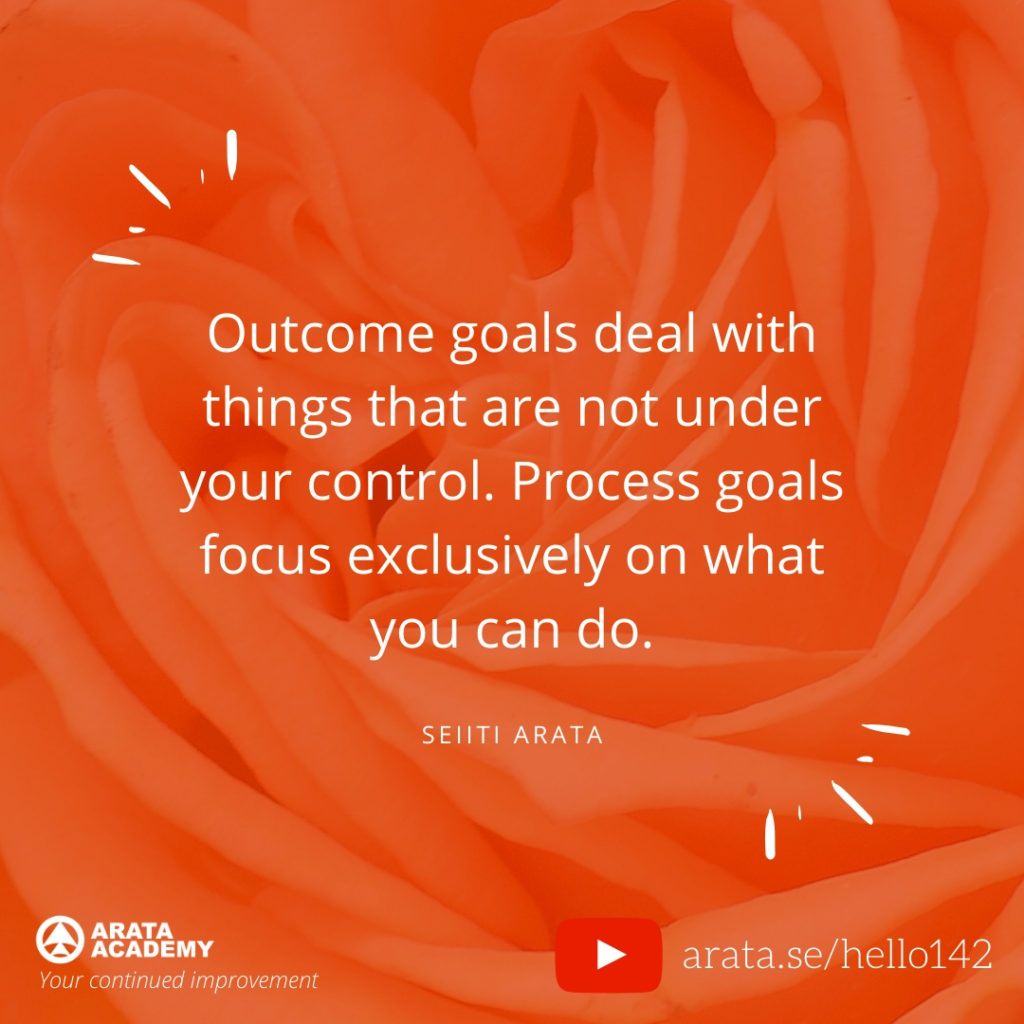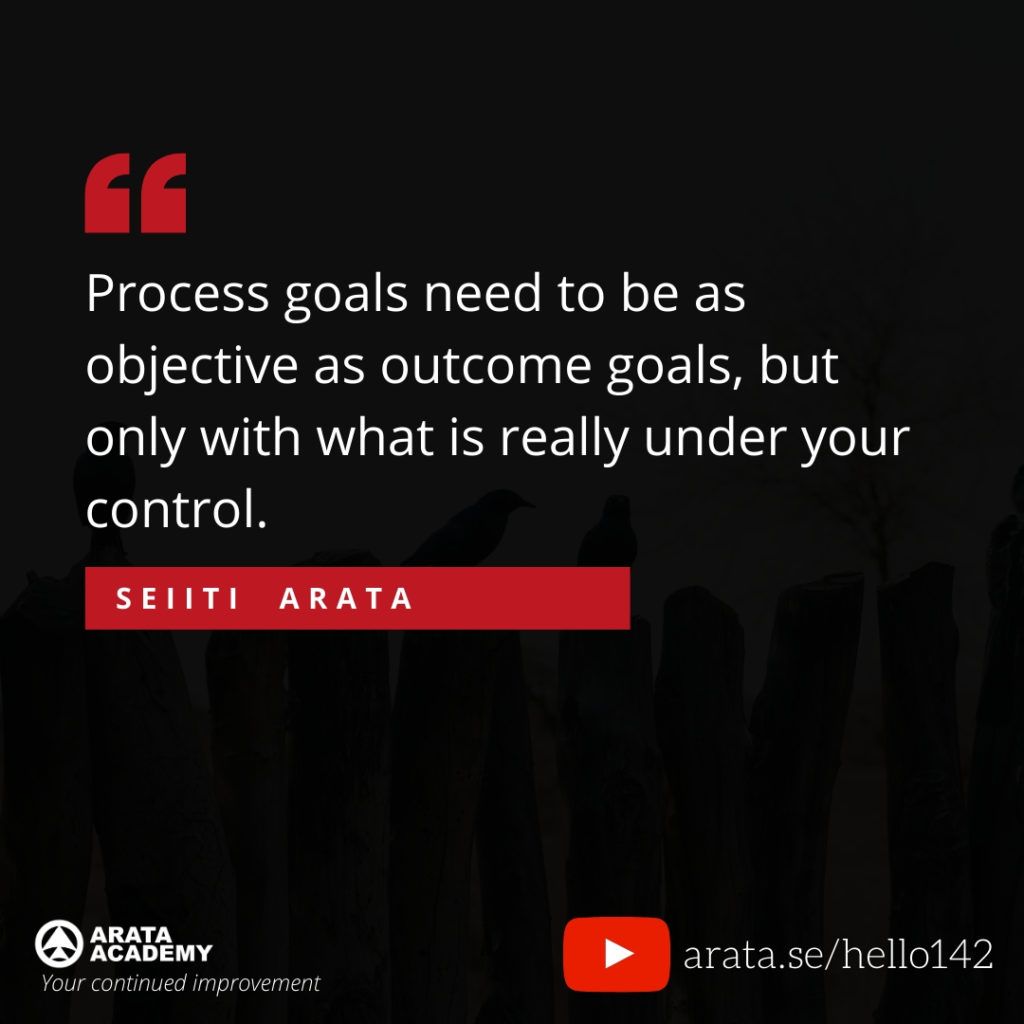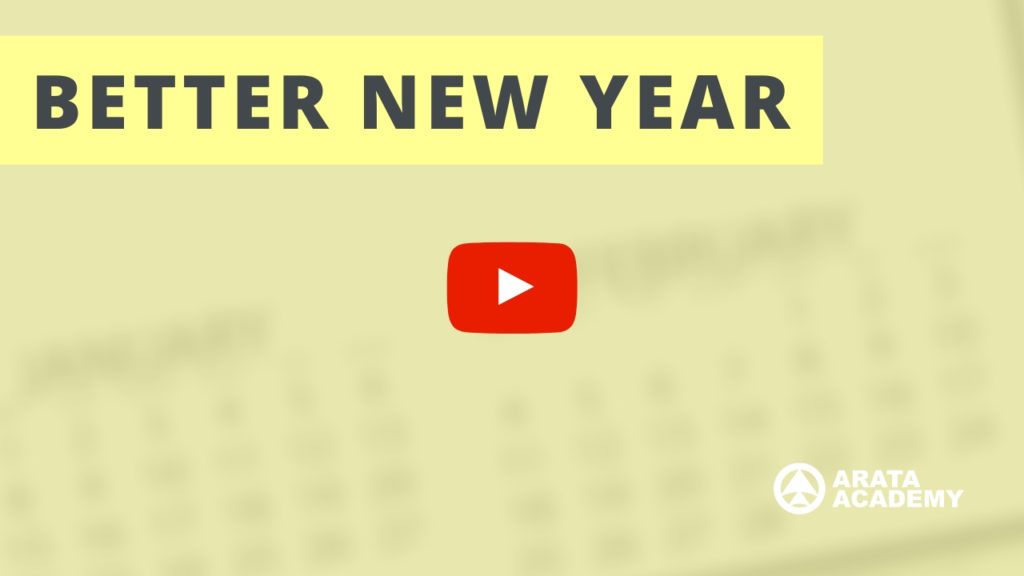Hello! Seiiti Arata. Maybe you really want to achieve a goal. You may spend several hours dreaming about how good it would be to reach a goal. And it’s with you that I want to have a conversation. Stop just dreaming. Stop just wanting things. What you want doesn’t matter. What will bring results in your life is something else. What matters is what you do.
If you have already set goals and failed to reach your goals, there is a small change you can make that will greatly increase your chances of meeting goals.
This change is exchanging want for doing. It is exchanging what is not within your reach for what you can really control.
A subtle change, but one that can have major impacts on your life.
Willing is on a very abstract level and out of reach.
Most people, when setting a goal, almost always limit themselves to thinking at the abstract level of wanting. For example: I want to lose ten kilos in two months. I want to get a new job in ninety days.

The problem is that this will not only depend on you. You could even exchange the verb “want” for the verb “I will”: I will lose weight, I will get a new job. However, there is no clarity about exactly what will be done. No matter how hard you try, nothing guarantees that your body will actually burn those then kilos in two months. As much as you distribute resumes, it may be that no new company hires you.
Wanting tends to fail because it is too abstract and not under our control. Even if you have done your best, this result may not come and this can generate a lot of frustration.
Therefore, a smart attitude is to replace want with doing.
To do is to focus on what you can control.
First, you will use the motivational power of wanting to define what you will implement, accomplish. That is the doing. When you are focused on doing, you are not only thinking on the ultimate goal to be achieved… you are, above all else, focused on the specific actions you have to execute.
For example, instead of just wanting to lose ten kilos in two months, you will do a lot of activities. For example, go to a trusted dietitian. You will stop buying foods that are fattening. You will modify your meals.
Following this eating plan is within your grasp. It basically depends only on you. If you eat what is planned, you have met the goal for that day.

This does not guarantee that you will lose ten kilos in two months. This may happen, but this result depends on a number of factors that are not in your control, as obesity is multifactorial, that is, it depends on many factors.
The same goes for other goals. You cannot guarantee that you will get a new job, but you can set the goal of contacting a new company every day.
“Wanting” is part of an outcome goal. The outcome goal is conceptual and helps to clarify the vision. And for the vision to become reality, it is necessary to implement a series of procedures, which we call process goals. That is the “doing” you need.
Process goals need to be objective.
The idea that outcome goals must meet all five Smart criteria is well known. They need to be specific, measurable, achievable, relevant and time-bound.
These criteria are successful simply because they really work. And just as they work for outcome goals, so they work for process goals.
You can’t just set a goal for something generic like I’ll eat well, study every day, or send out many resumes.
Even process goals need more detail. What foods will you eat? How much will you eat? What is amount per day, per meal, per week? Is this achievable? Is it relevant?

You can do this for almost any purpose. You can define that you will study a certain subject for four hours a day, when you arrive from work, to prepare for the exam. You can define that you will personally call a company in your industry each business day, offering to submit your resume and do an interview.
The more specific you are to your process goals, the greater your chances of success.
A classic case of outcome goals that often have a very low achievement rate is New Year’s resolutions.
The feeling of renewal that comes with the arrival of a new year always brings excitement to us to set bold goals. But these goals almost always fall on things that are not under our control. We say we’re going to lose weight, that we’re going to change jobs, find love or anything else that doesn’t really just depend on our efforts.
You can do it different this time. And for that, I would like to invite you to view a special Better New Year class by visiting https://arata.se/betternewyear

